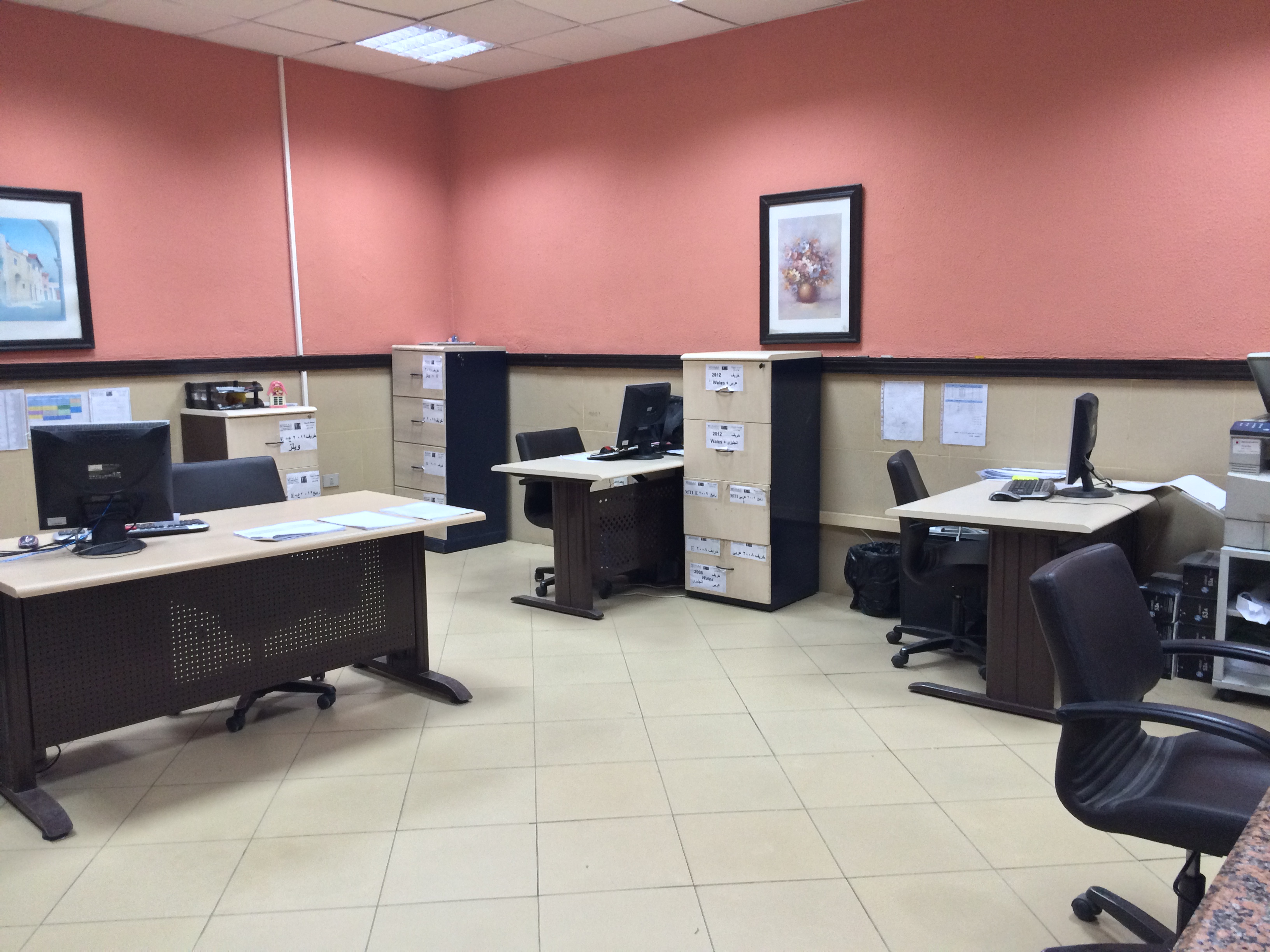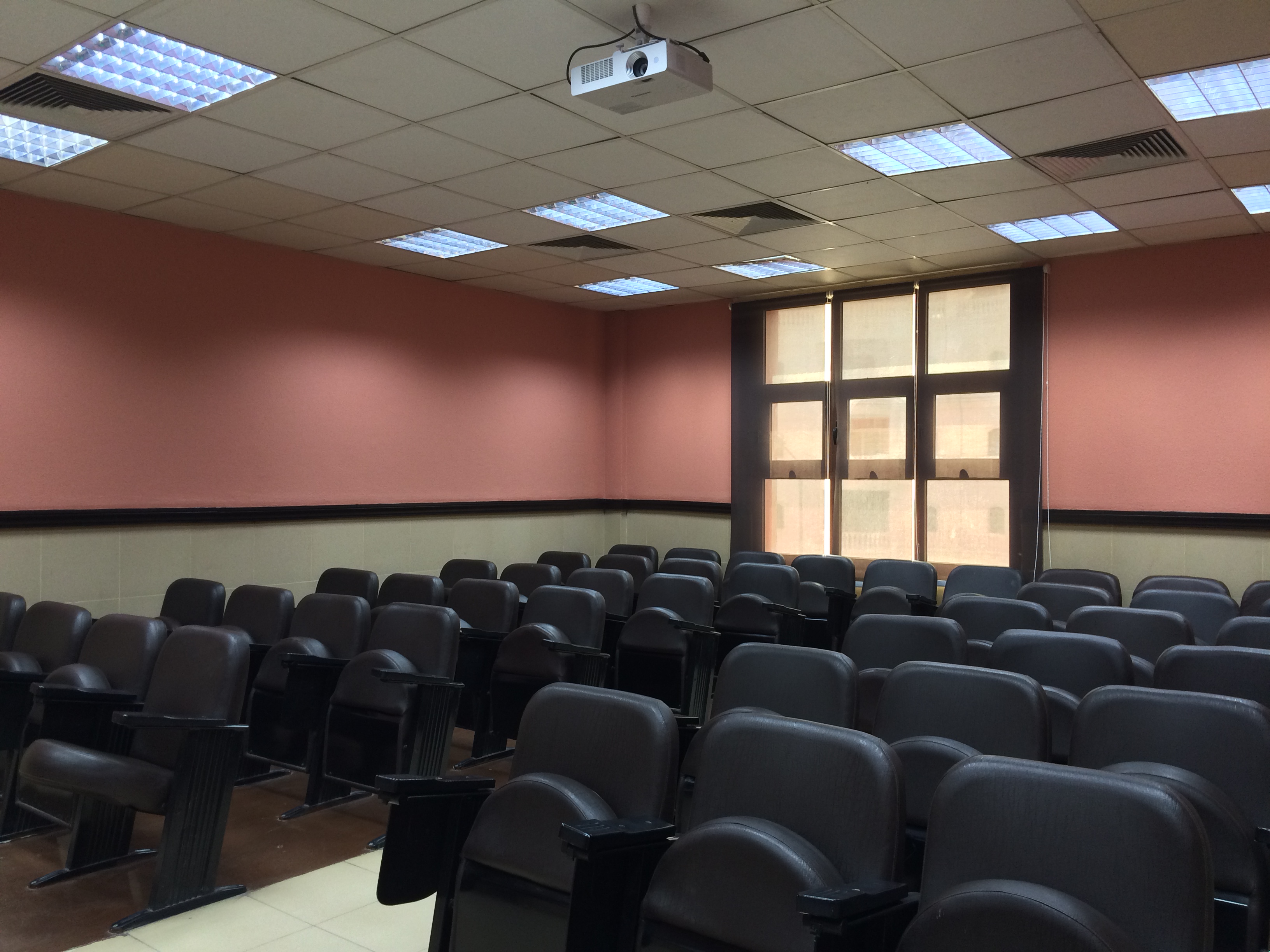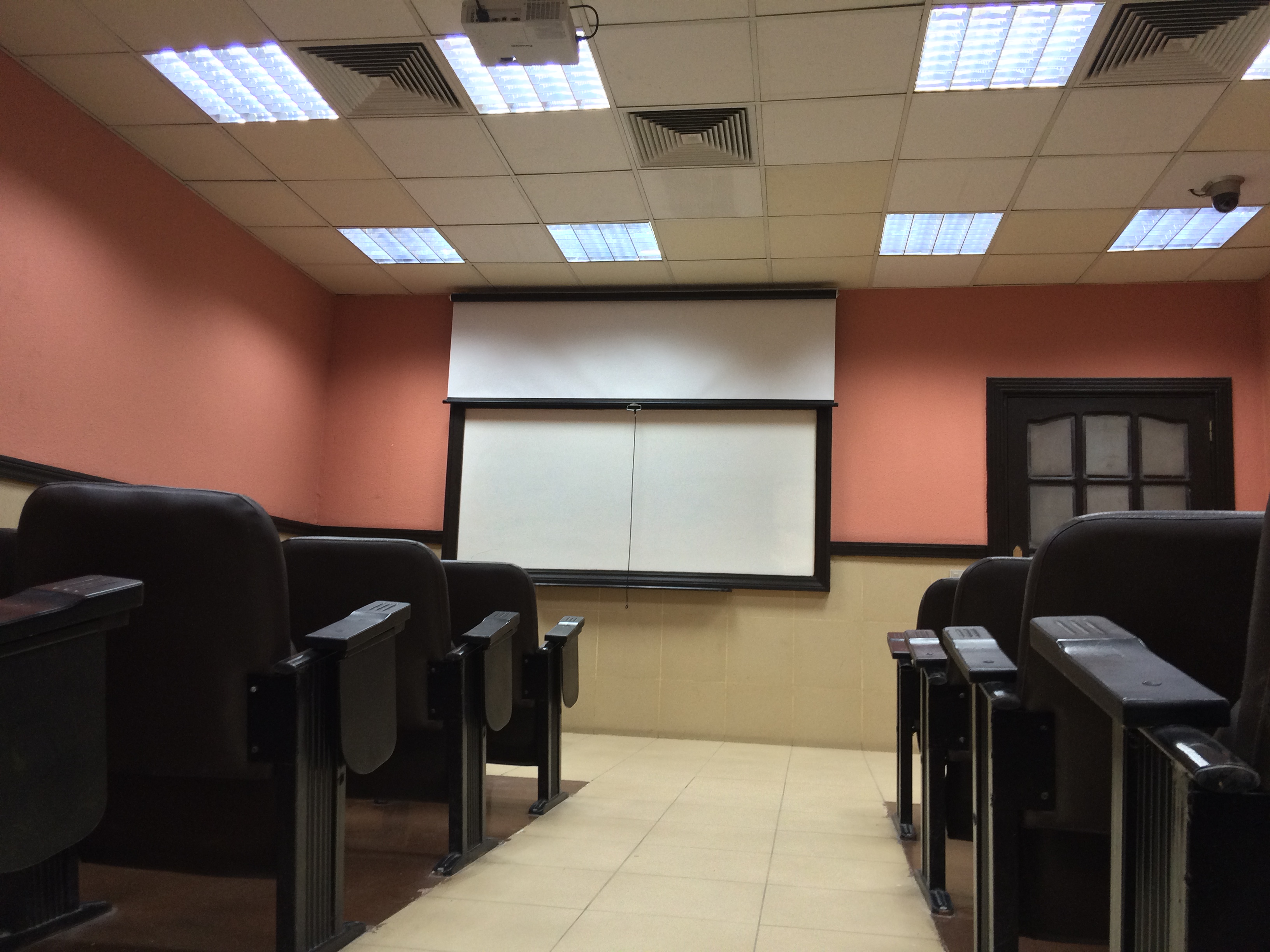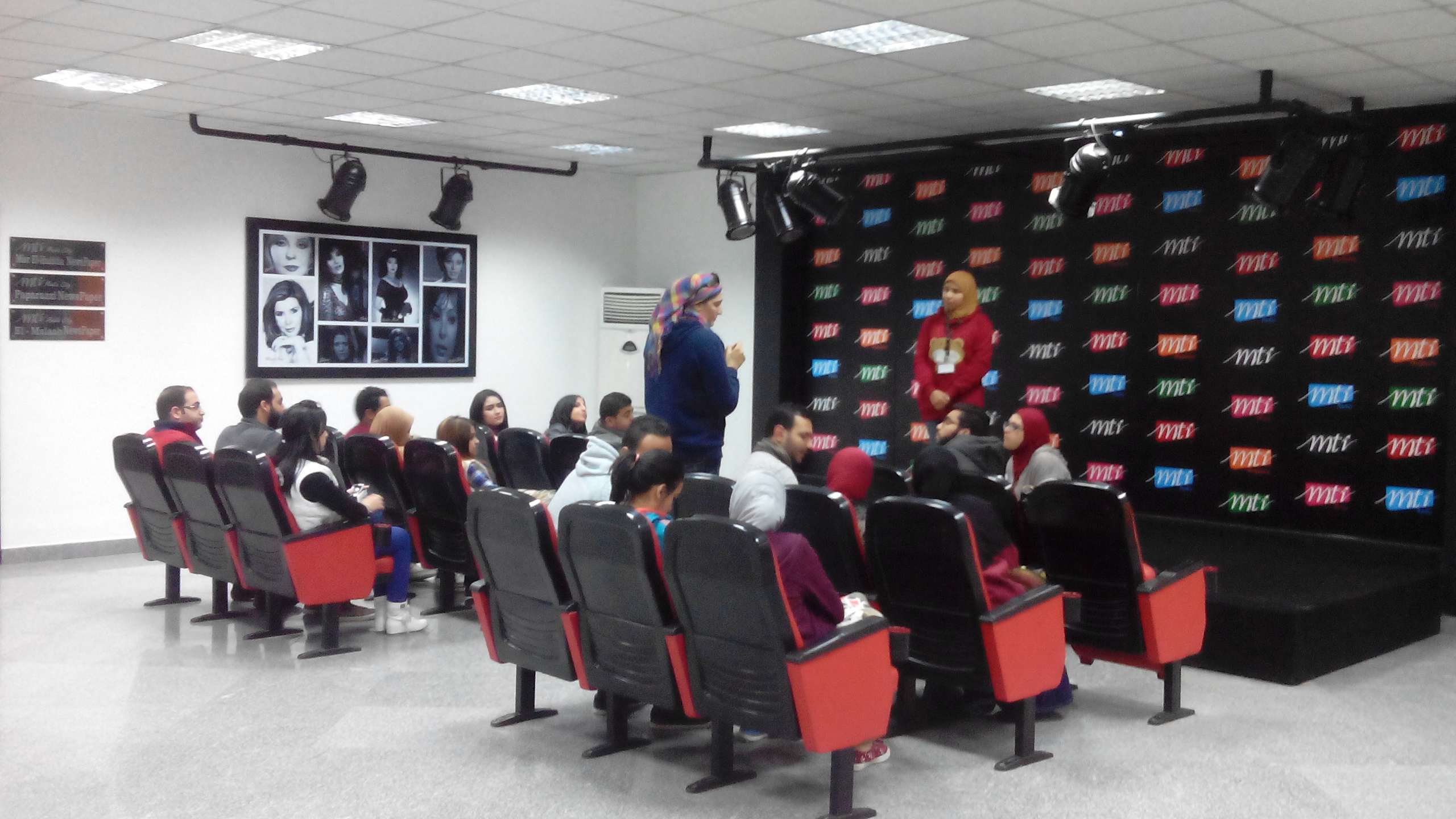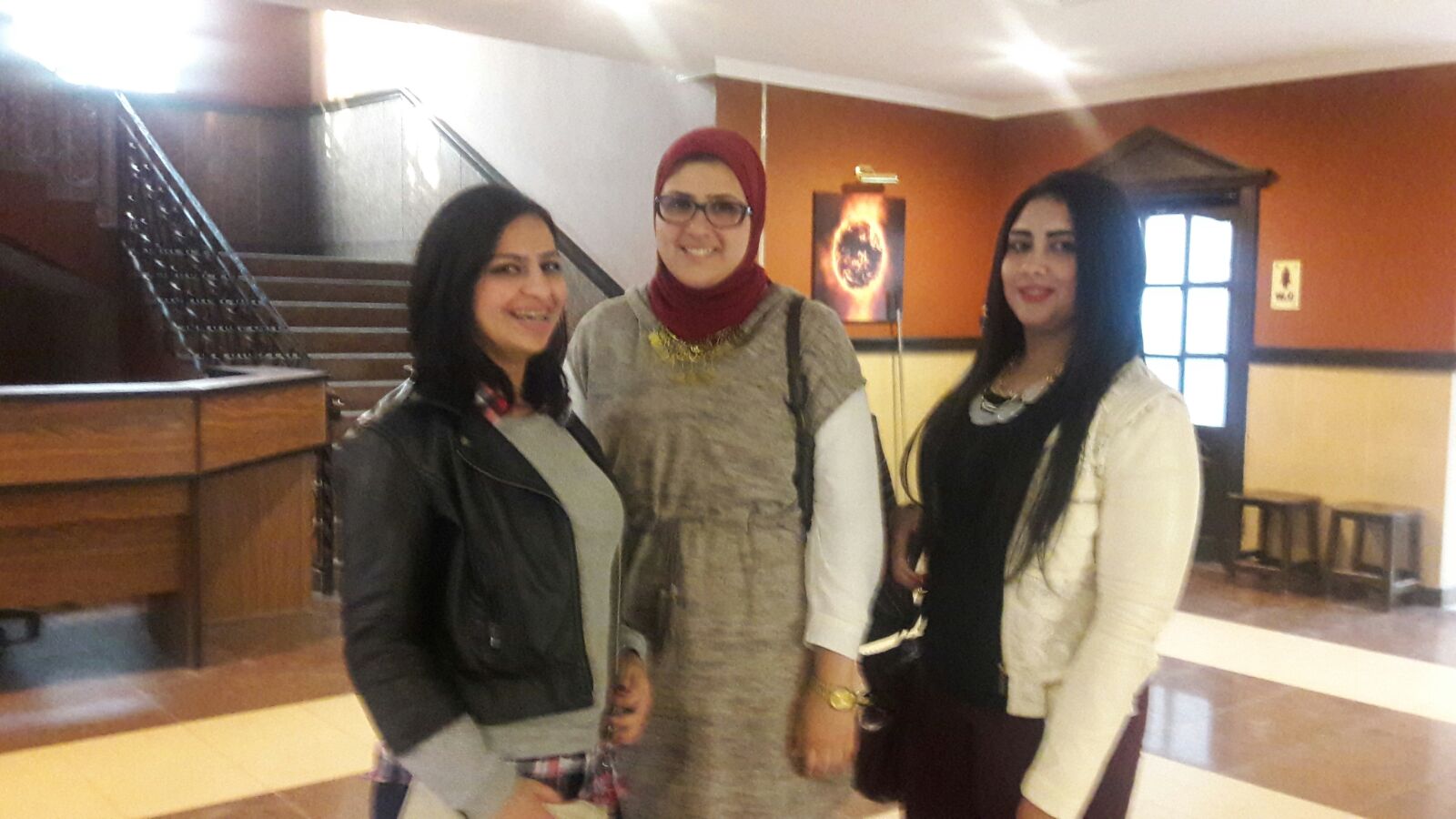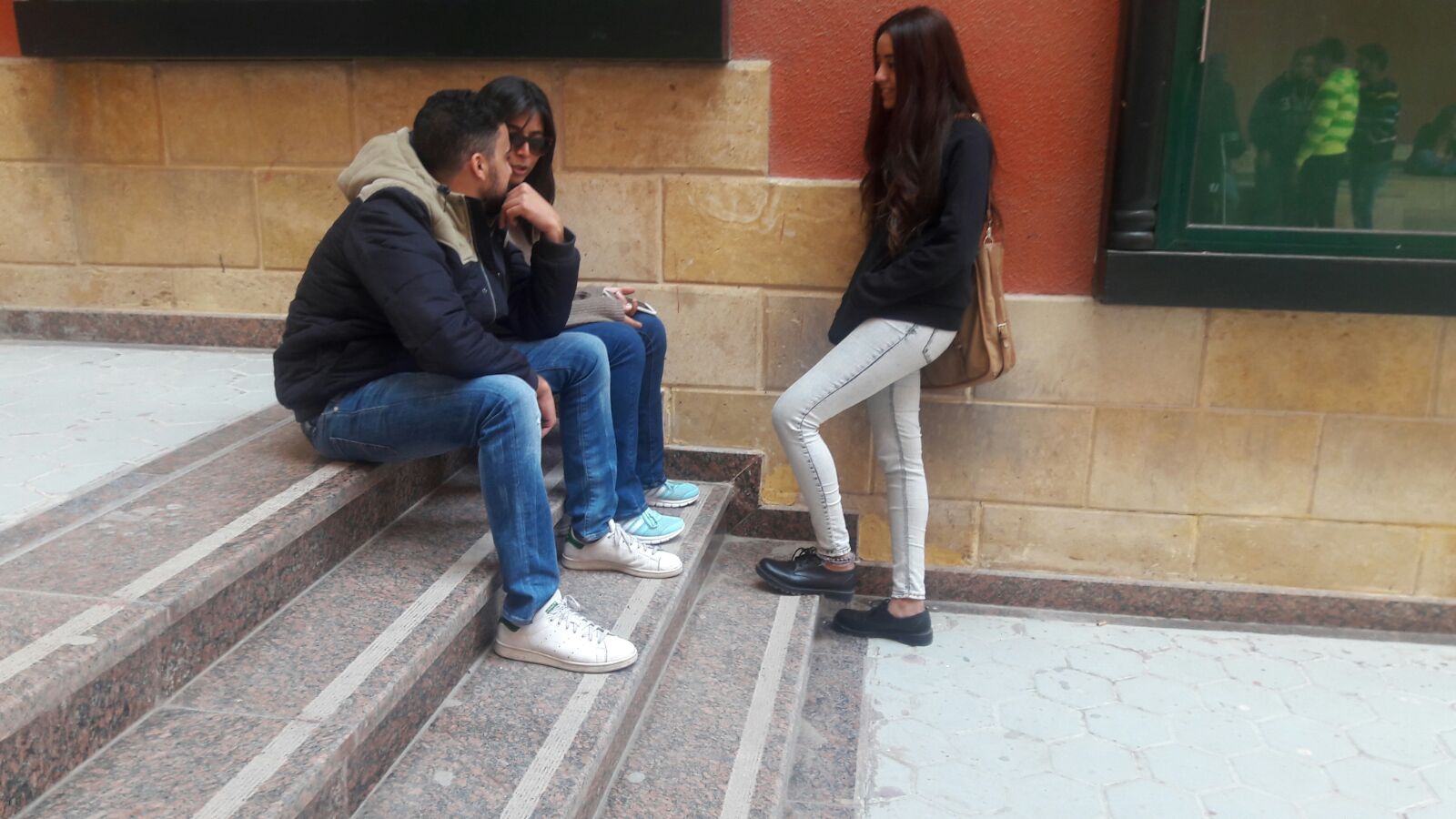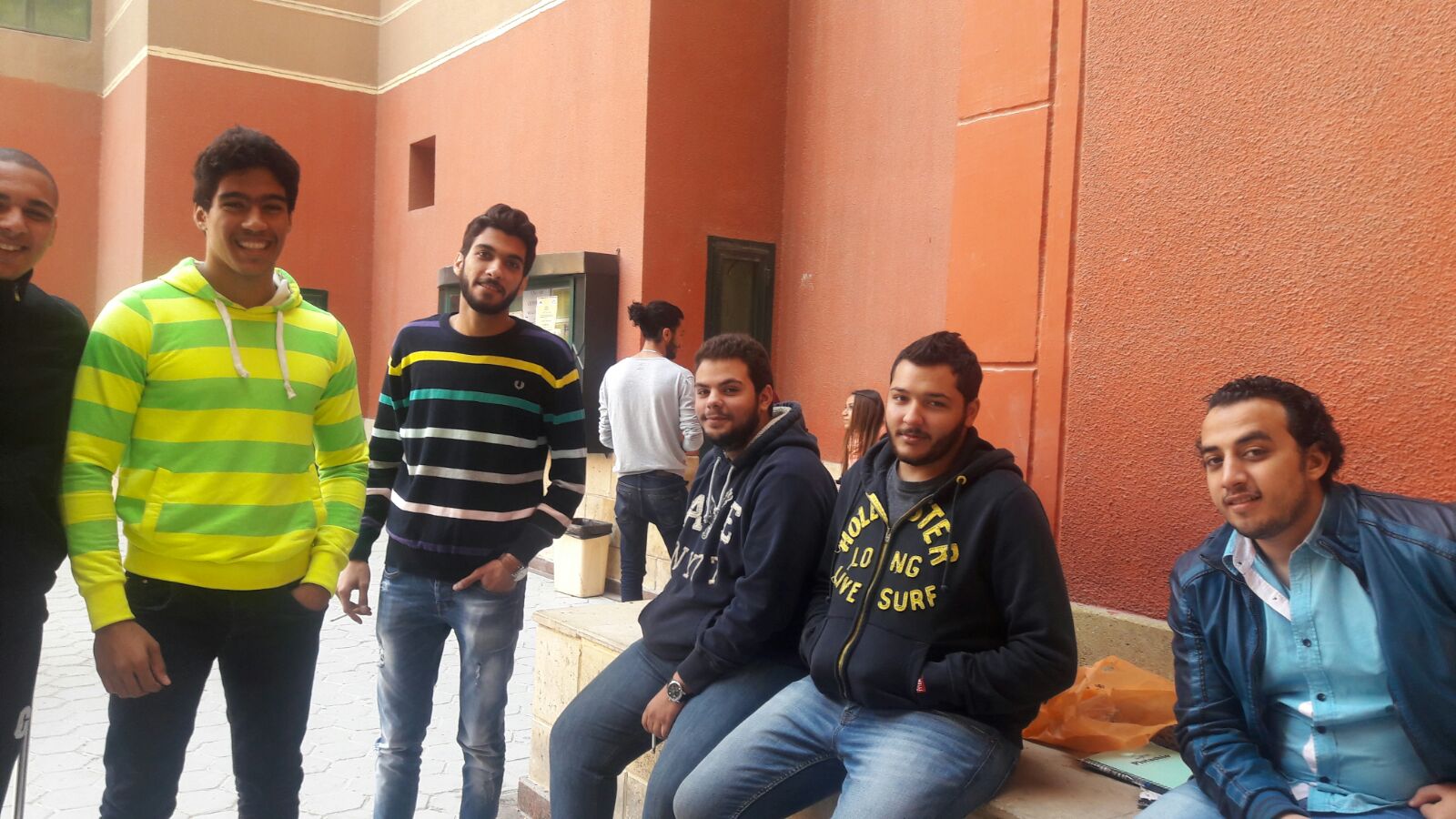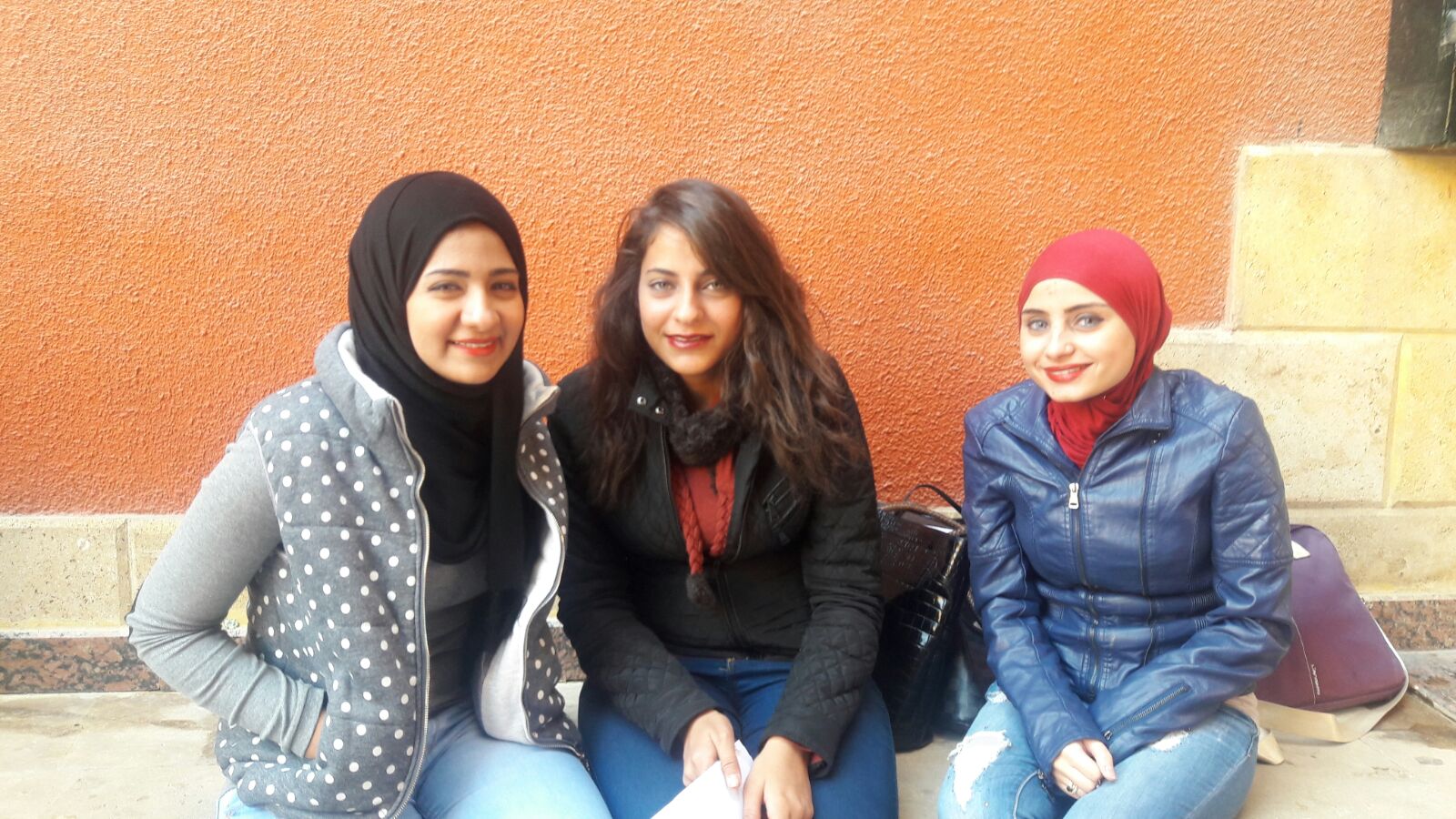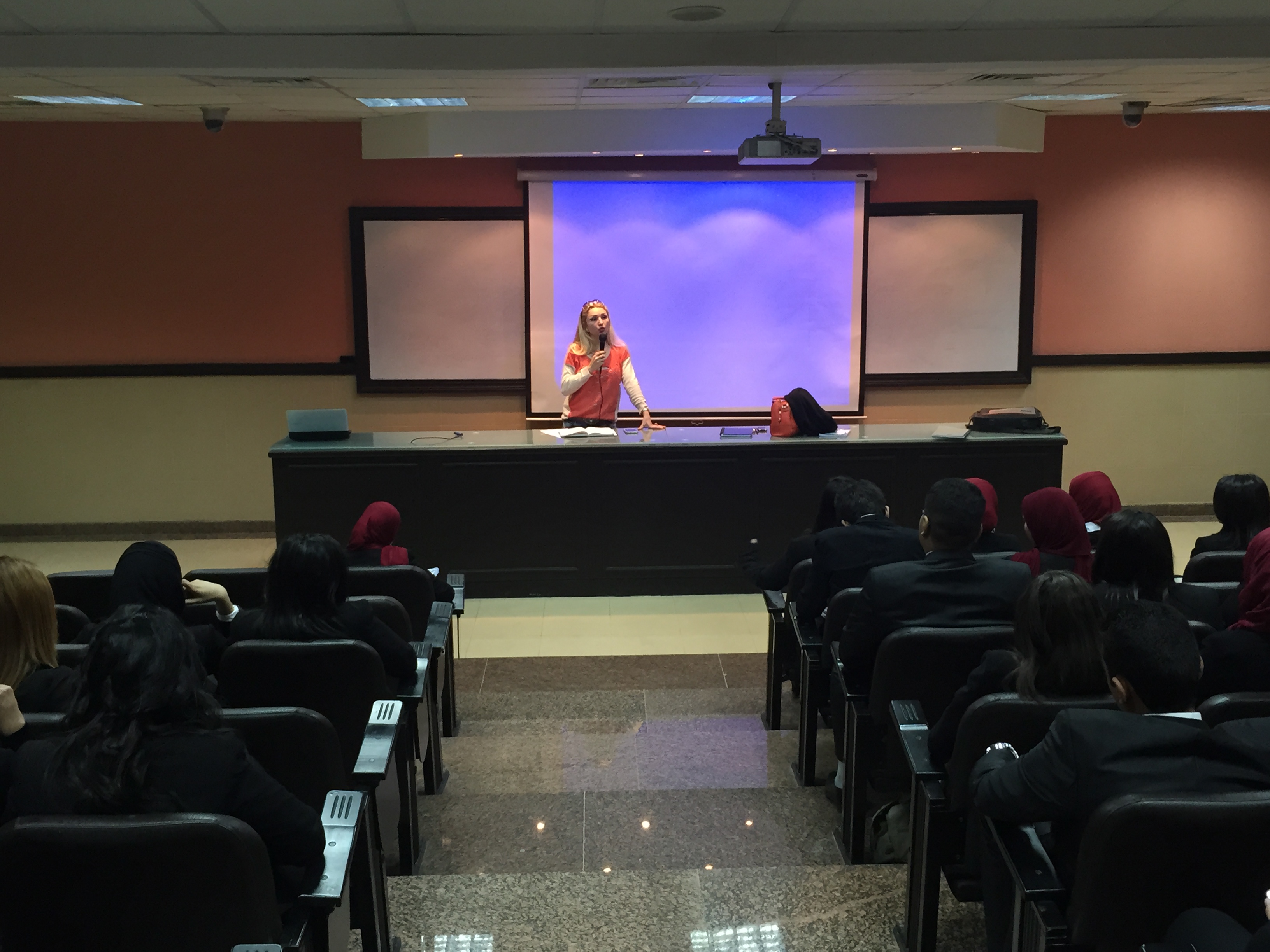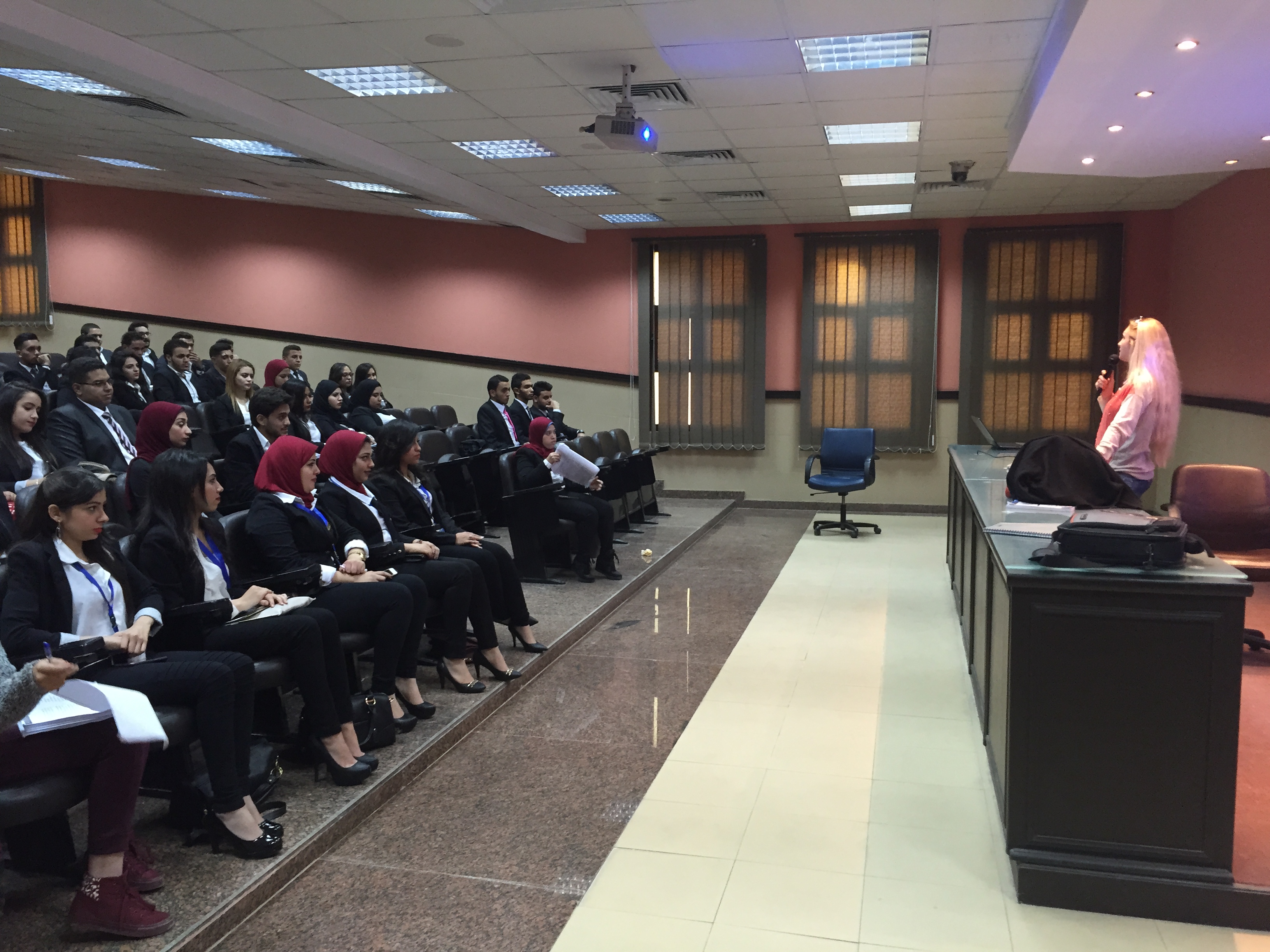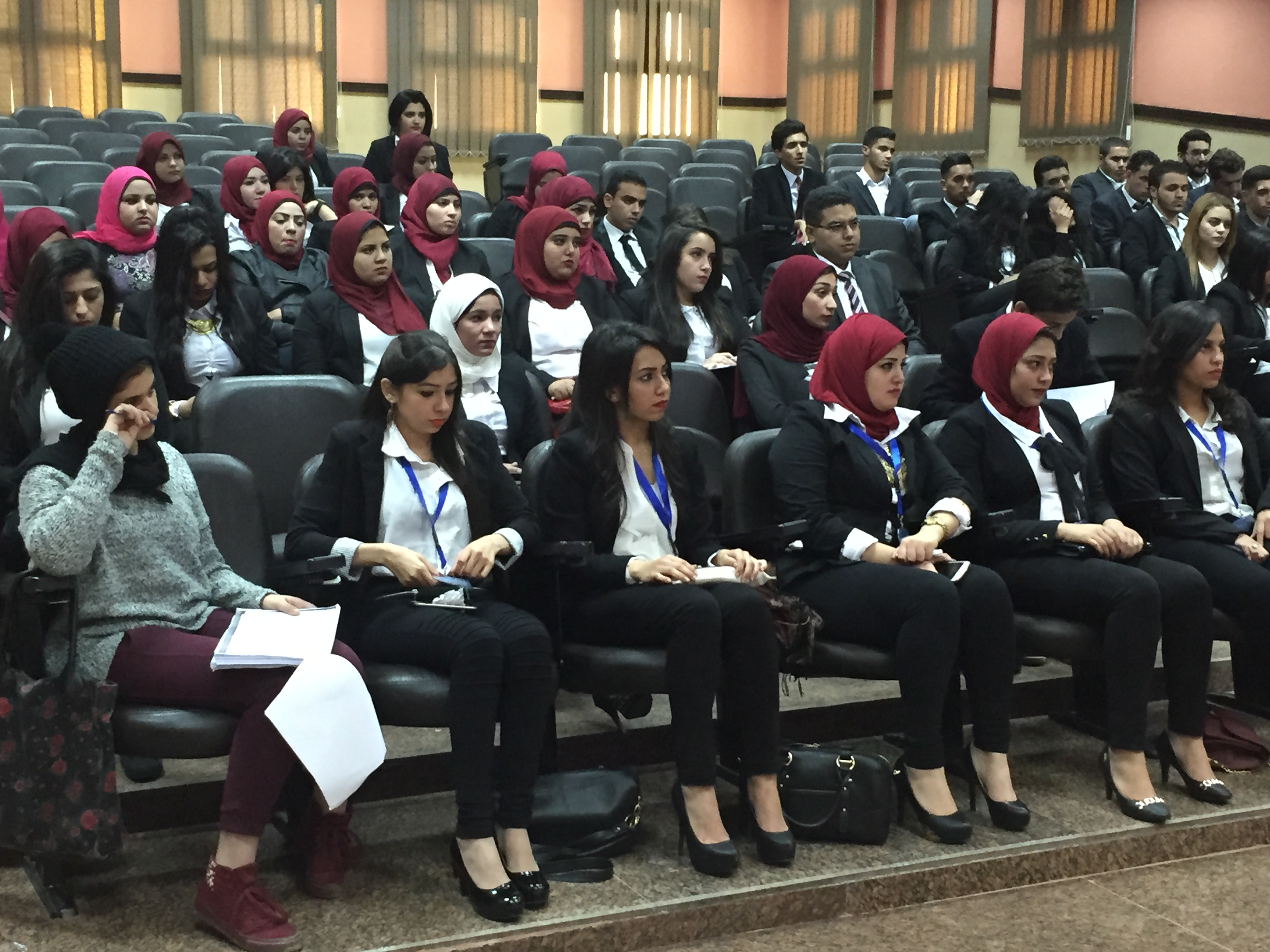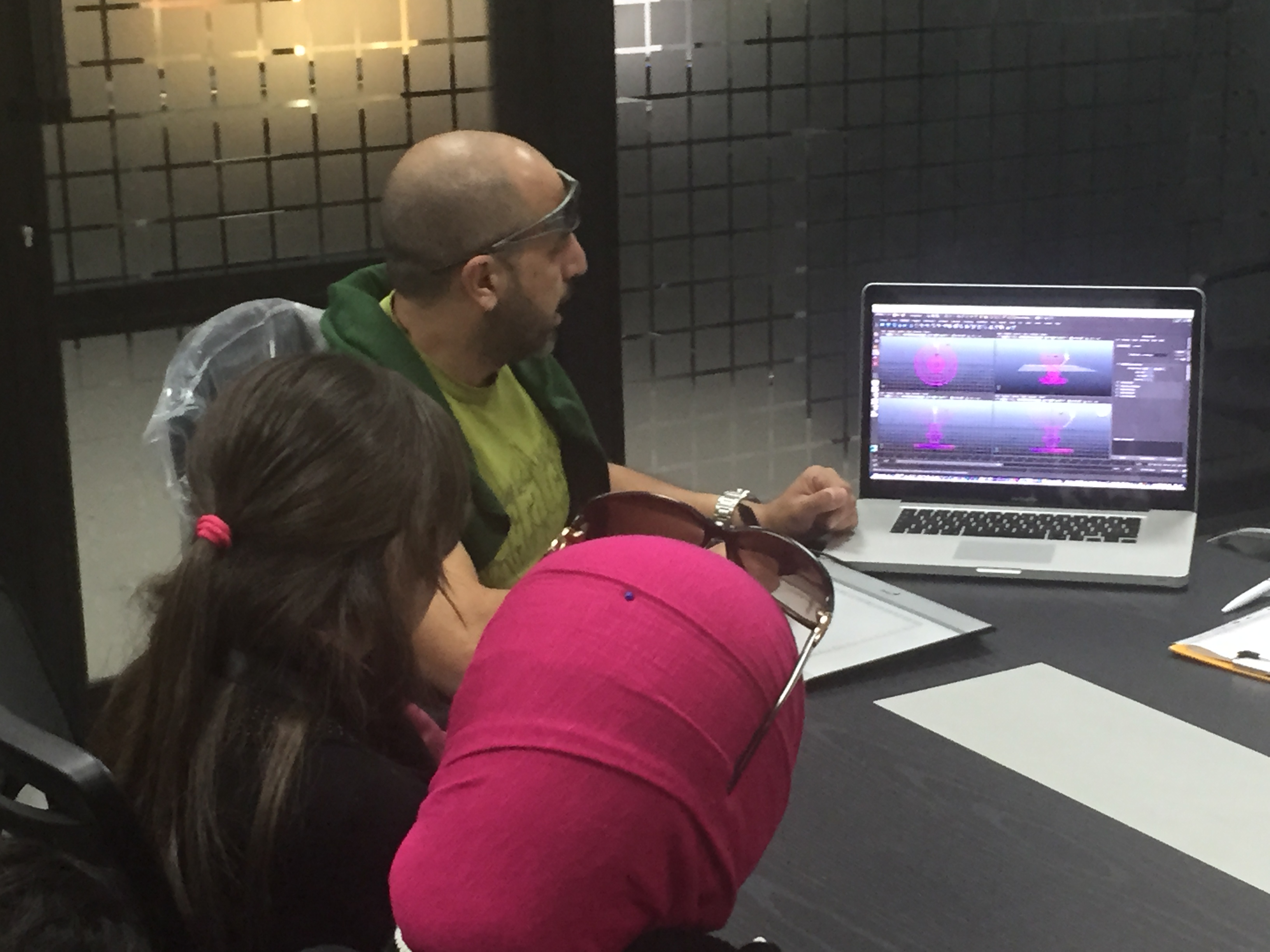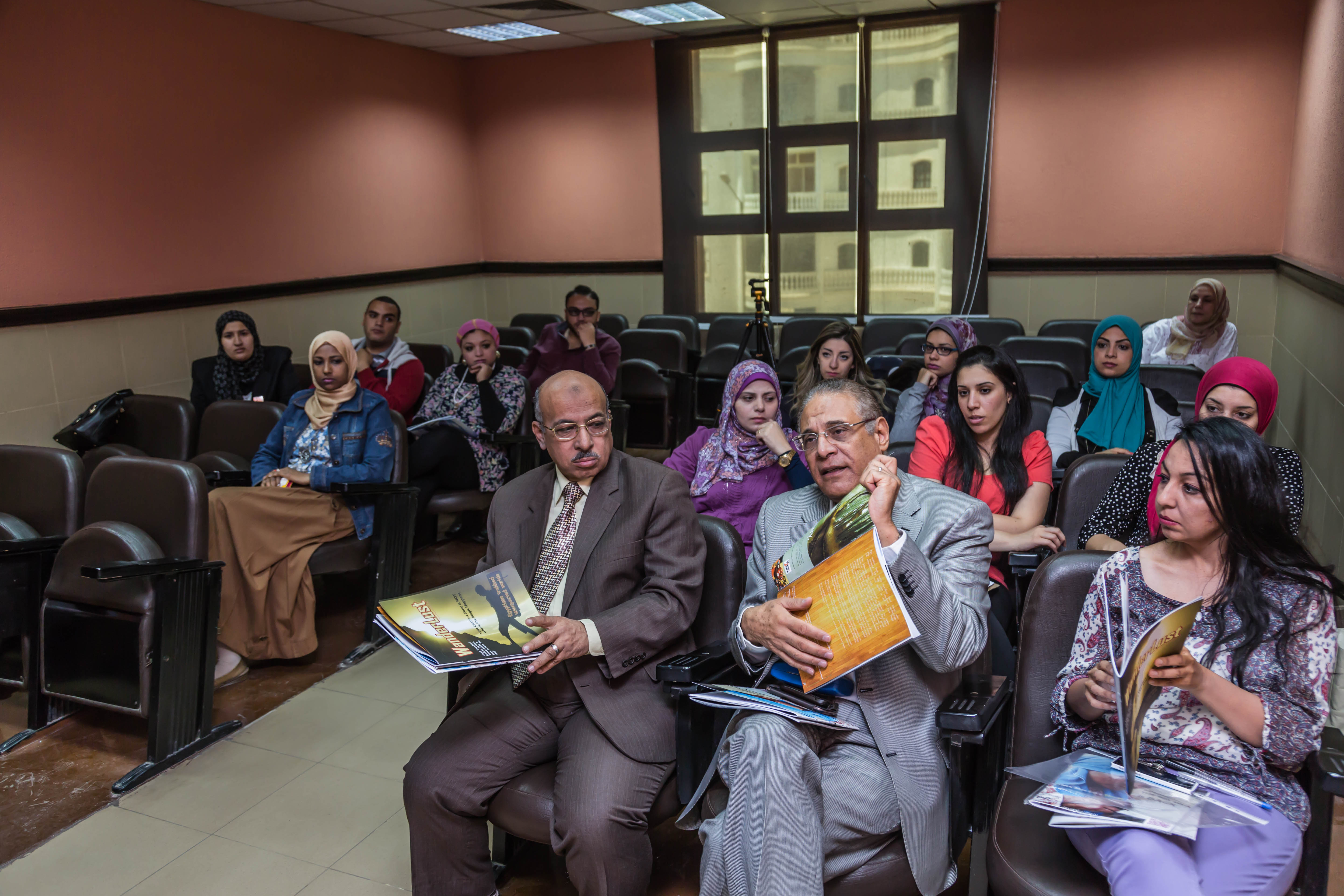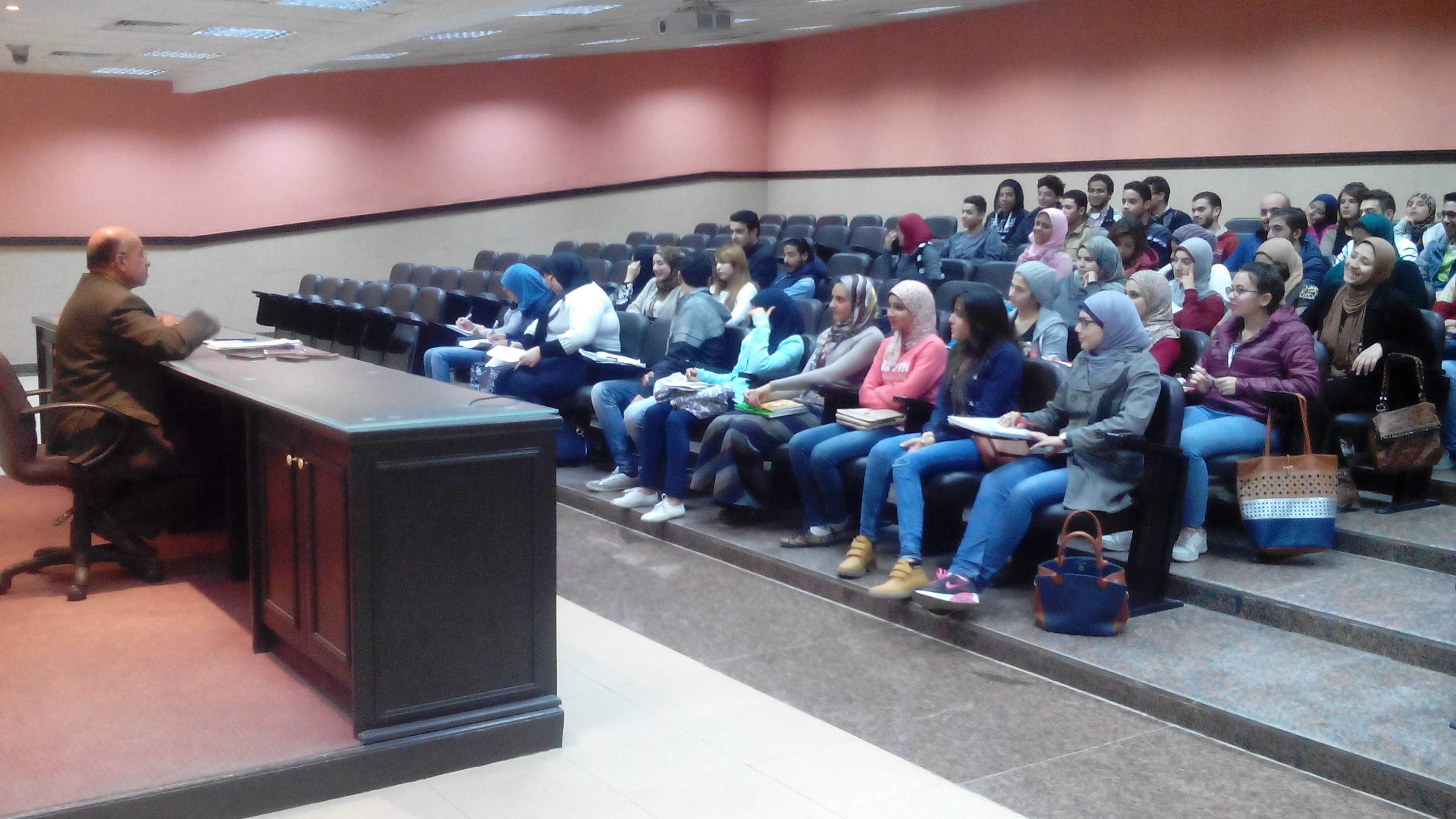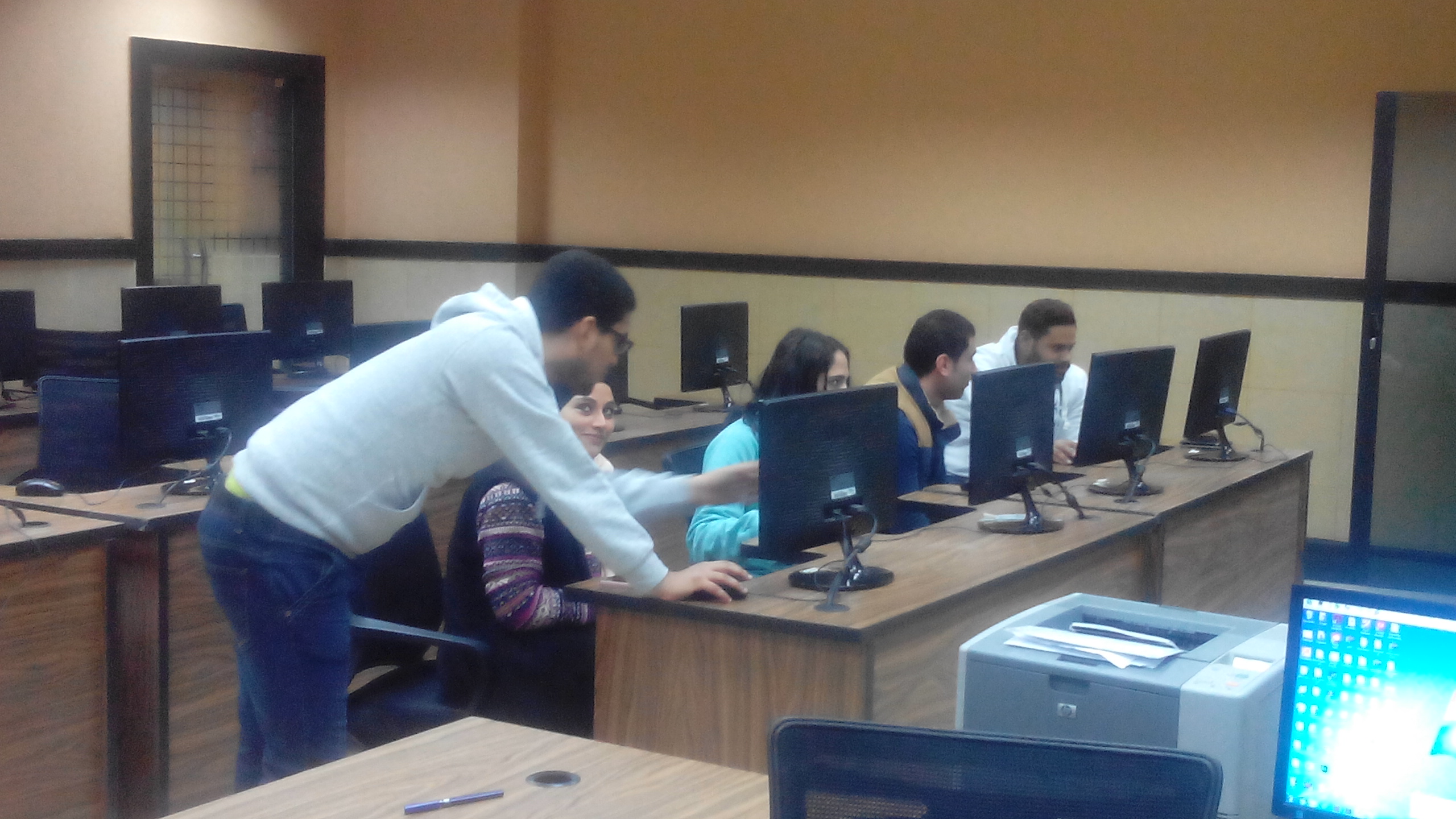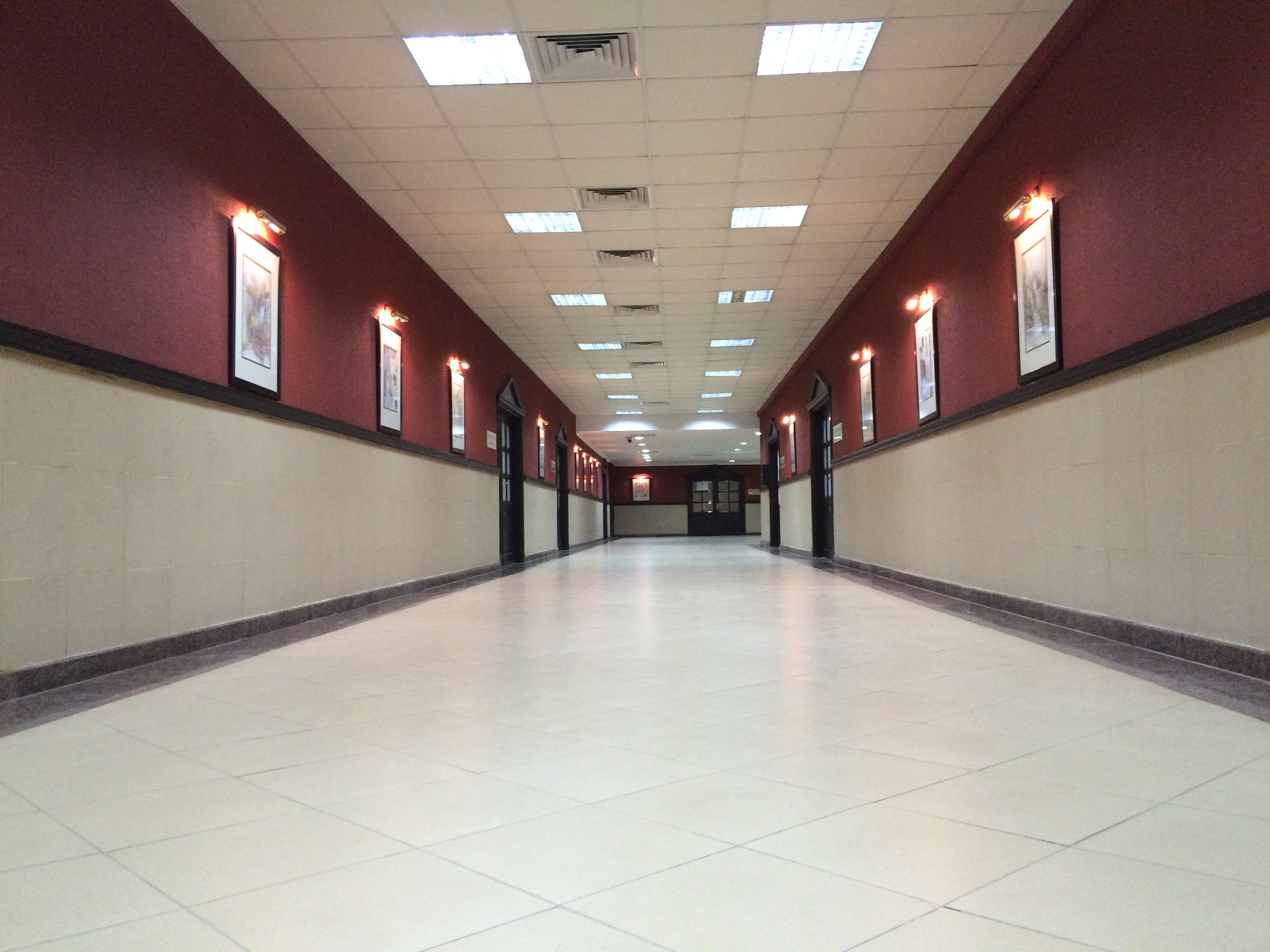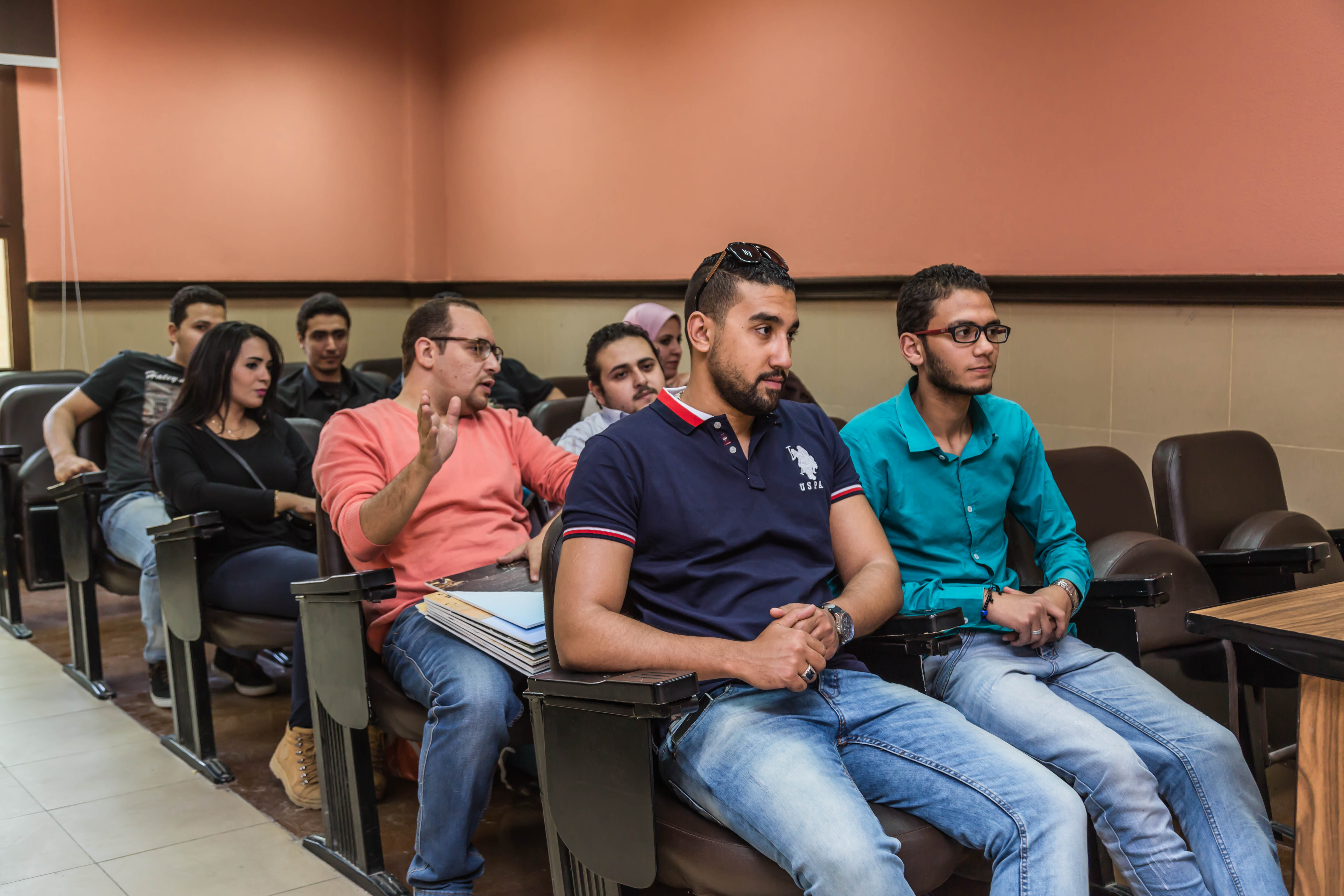
I welcome you
to your new home Modem University for Technology & Information (MTI).
Wishing you all the best hoping God had helped you in choosing the best
Academic Institute to complete your study at the level you admire & dream.
MTI Is considered one of the big educational foundations in Egypt and was
established with special concern for every small detail to reach the higher
educational level according to the well establishments, facilities, human
resources & services.
Faculty of
Mass Communication is part of this Foundation and considered one of the
well-known established faculties of Mass Communication in Egypt and The Arab
World due to the caring to make benefit of the Communication Technology
revolution. It is equipped with the latest high technological studios for Radio
& TV (cameras, editing suite etc__), Journalism lab, graphic lab,
Linguistic lab and according to these facilities students can gain high level
of practical work as well as training during the academic year. So, indeed
students will be capable to obtain the requirements and skills needed to have
the opportunity to find their way in the market place, fulfilling their aims in
the era of “Info media”. Finally,
we wish all our students who join our elite University “MTI” all the
best.
Dean of
Faculty of Mass Communication
Prof. Samy El Sherif

























































